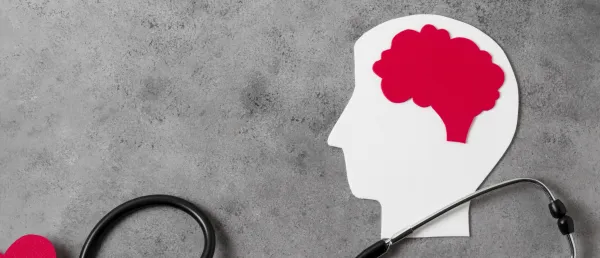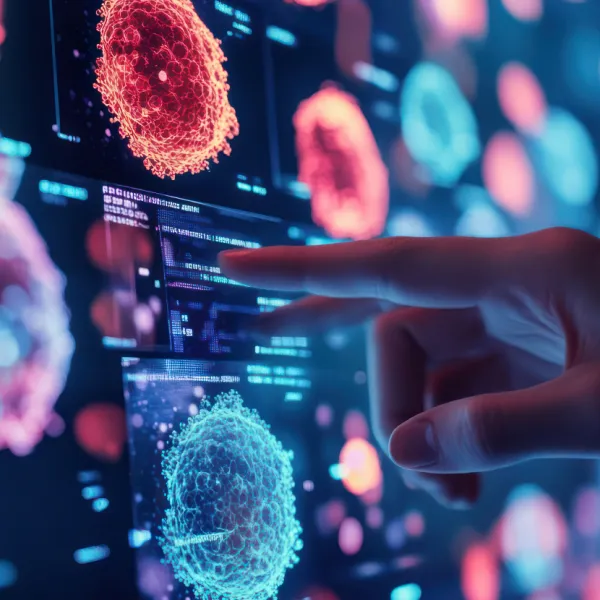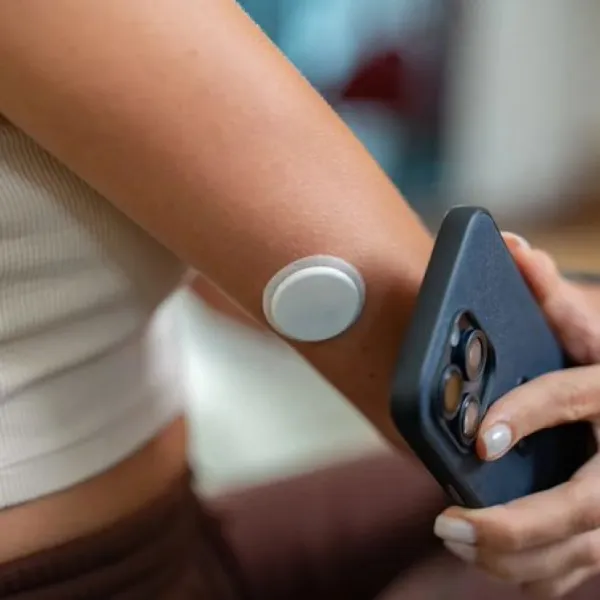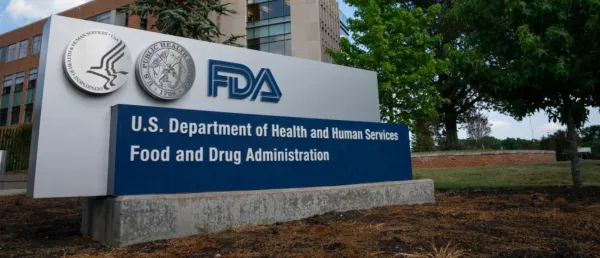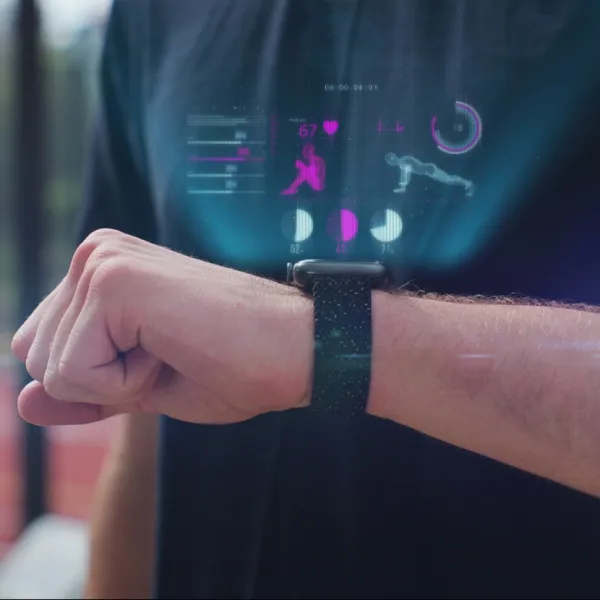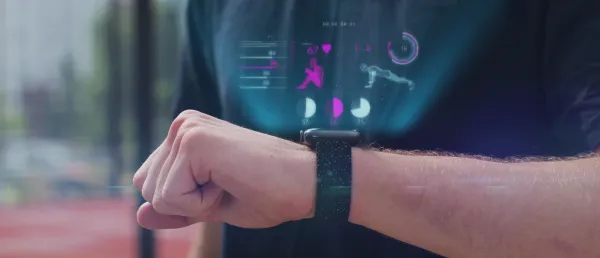Microsoft Partners Paige to Develop Image-Based AI Model for Cancer Detection

This model will undergo training on an extensive dataset of up to four million digitised microscopy slides encompassing various cancer types. Paige's vast petabyte-scale clinical data archive will serve as the resource behind this initiative.
Microsoft and Paige, a digital pathology provider, have partnered to create image-based artificial intelligence (AI) model for cancer detection.
This model is set to be trained on millions of digitised microscopy slides encompassing various cancer types, sourced from Paige's vast clinical data archive.
Microsoft's state-of-the-art supercomputing infrastructure will drive the training process, with plans for the AI model's global deployment in hospitals and laboratories through Azure.
What sets this AI model apart is its unprecedented scale, configured with billions of parameters. Paige asserts that this model is capable of capturing the intricate nuances of cancer, poised to serve as the cornerstone for the next generation of clinical applications and computational biomarkers in the fields of oncology and pathology.
Expected to be completed by 2024, this model promises to enhance pathologists' accuracy and efficiency in cancer diagnosis significantly. Also, early detection and treatment could become more accessible, potentially benefiting countless patients.
Since its founding in 2018, Paige has built a cloud-based platform transforming pathologists' workflows globally, providing diagnostic confidence and boosting productivity. It is the first company to secure FDA approval for a clinical AI application in digital pathology.
Paige's technology helps pathologists and pharmaceutical companies in evaluating treatment options and designing new biomarkers for precision medicine.
Initially developed at New York's Memorial Sloan Kettering Cancer Center, Paige trained its AI using 60,000 slide images and validated its cancer detection capabilities with an additional 40,000 slides. With expansion into various cancers, Paige's model now draws from over 500,000 pathology slides.
Microsoft's collaboration with Paige is part of a broader trend in healthcare where AI is being harnessed to improve cancer detection and treatment. Notable collaborations include HCA and Google Cloud's partnership in September, focusing on generative AI deployment.
Other tech giants, including Google and IBM Watson Health, have also embarked on similar initiatives to leverage AI in the fight against cancer.
In July, Google unveiled an AI model for skin cancer detection through mole image analysis.
Moreover, in February 2023, IBM Watson Health introduced an AI tool earlier this year to assist doctors in diagnosing breast cancer.
Stay tuned for more such updates on Digital Health News












